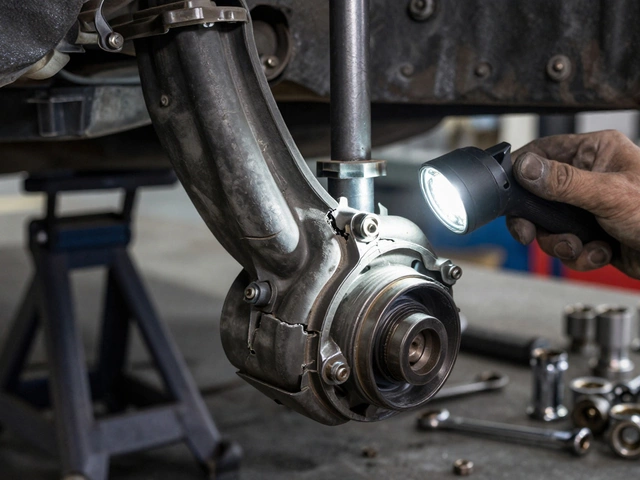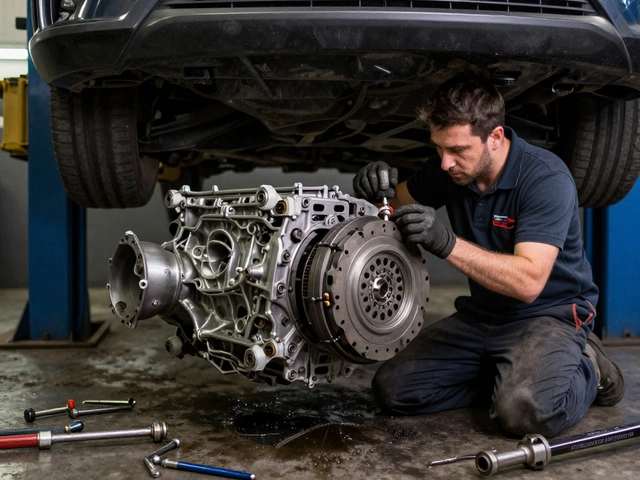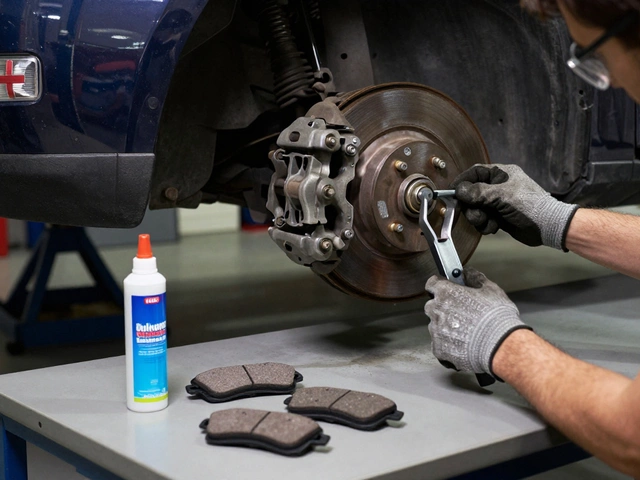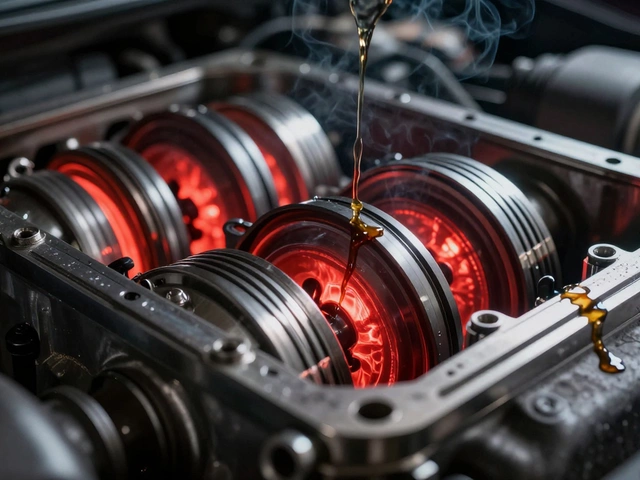Engine Running Issues? Common Causes and Fixes You Need to Know
When your engine running, the internal combustion process that powers your car. Also known as engine operation, it needs the right balance of fuel, air, oil, and spark to keep going smoothly. If it’s sputtering, stalling, or making strange noises, something’s off—and it’s rarely just one thing.
Most engine running problems trace back to a few key areas: fuel pump failure, when the pump can’t deliver enough fuel to keep the engine fed, low engine oil level, which causes overheating and increased friction inside the engine, or car diagnostics, the process of reading error codes and physical symptoms to pinpoint the root issue. These aren’t random glitches—they’re signs your car is begging for attention. A failing fuel pump won’t always throw a code, but it’ll make your car hesitate when accelerating. Low oil doesn’t always trigger a warning light, but it’ll turn a quiet engine into a knocking mess. And if you’re ignoring warning signs like rough idling or sudden power loss, you’re just delaying the inevitable repair bill.
What you’ll find below isn’t theory—it’s real fixes from drivers who’ve been there. We’ve pulled together posts that show you how to tell if your fuel pump is dying before it leaves you on the side of the road, how to read your oil dipstick correctly so you don’t overfill or underfill, and what those weird engine sounds actually mean. You’ll see how skipping an oil change quietly destroys your engine, why a bad radiator can make your engine run hotter than it should, and how suspension problems can indirectly affect engine performance. These aren’t guesswork tips. They’re step-by-step checks you can do at home with basic tools, backed by what mechanics see every day in Stevenage. No fluff. No jargon. Just what you need to know before you hand over your keys.





